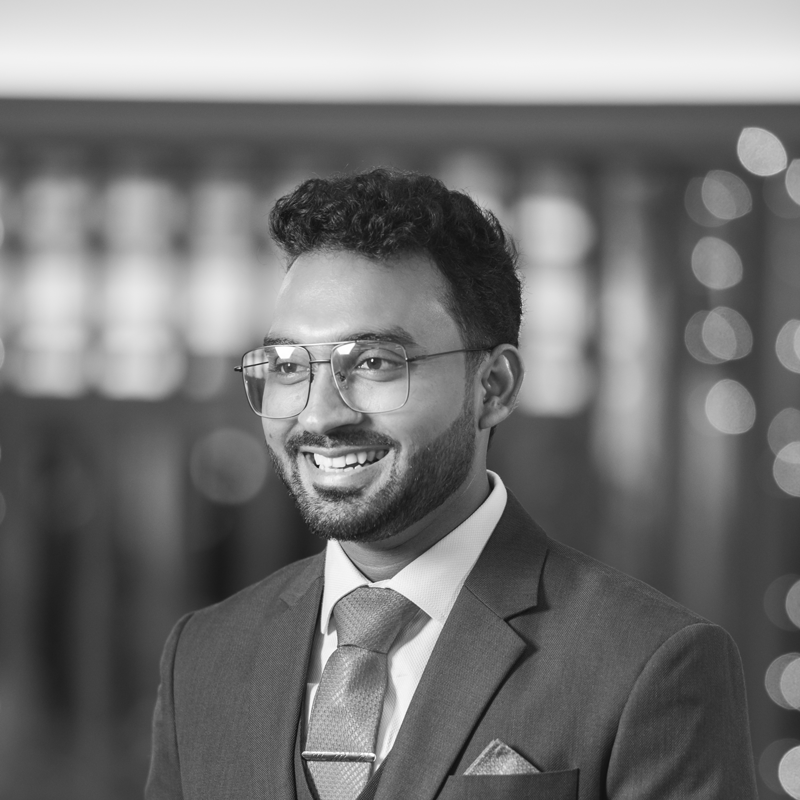Why Most People Struggle to Learn Programming (And How Rahul Broke Through)
Let’s be honest—programming feels hard to most people starting out.
Recently, I had a conversation with a friend. Let’s call him Rahul.
He messaged me one morning and said:
“I feel so weak in coding. Sometimes I wonder if I should just quit my master’s. Maybe I’m not made for this.”
That hit home.
Because I’ve felt the same way before.
I told him:
“I also used to think I was bad at programming. But I kept going. And things started to click.”
Everyone Feels “Behind” in the Beginning
Rahul felt guilty because he was solving problems by watching tutorials or copying code from others.
But here’s what I told him:
“Even Google engineers Google things. Programming isn’t about memorizing. It’s about solving problems — with whatever help you need.”
So Why Do People Struggle to Learn Programming?
It’s not intelligence. It’s not resources. It’s not even the language.
It’s because they:
- Start and stop too many times
- Wait for the “perfect time”
- Feel ashamed to look at others’ code
- Don’t create a routine
- Don’t believe they can improve
Rahul had tried solving LeetCode problems but stopped when his coursework became too much.
I gave him a simple plan.
“Block just 30–60 minutes a day.
Sit with your code. No distractions.
And after each session, write down what you learned.”
That’s it.
No bootcamp. No all-nighters.
Programming Is Not a Talent. It’s a Skill.
I shared with him a story from a photography experiment.
One group had to take and submit one perfect photo.
The other group had to take hundreds of photos and submit the best one.
Guess who took better photos?
The second group.
Because they practiced more.
The same thing applies to coding.
You get better by solving, failing, learning — and repeating.
Time Is Not the Problem. Focus Is.
Rahul said he didn’t have time.
I told him how I use time blocking and a stopwatch.
I work in 30-minute sessions. Focused. No phone. No distractions.
Even with meetings and research, I get my work done.
“You don’t need 10 hours.
You need 4 hours of real focus. That’s more than enough.”
You’re Not the Only One Who Doubts
I used to think I’d never be good at public speaking, writing, or even English. But I practiced. One step at a time. Now I make videos, publish papers, and help others.
I told Rahul:
“You don’t need to be great right now.
You just need to start showing up. Every day. A little better.”
He replied:
“Bro, you just made my day. Now I feel like I can do it.”
Final Words
If you’re struggling with programming — know this:
You’re not alone.
You’re not bad at it.
You’re just at the beginning.
And if you show up daily — even for 30 minutes — you’ll cross the threshold where it all starts to make sense.
That’s where confidence is born.
Keep going.
Just like Rahul did.
👋 About Me
Hi, I’m Shuvangkar Das, a power systems researcher with a Ph.D. in Electrical Engineering from Clarkson University. I work at the intersection of power electronics, DER, IBR, and AI — building greener, smarter, and more stable grids. Currently, I’m a Research Engineer at EPRI (though everything I share here reflects my personal experience, not my employer’s views).
Over the years, I’ve worked on real-world projects involving large scale EMT simulation and firmware development for grid-forming and grid following inverter and reinforcement learning (RL). I also publish technical content and share hands-on insights with the goal of making complex ideas accessible to engineers and researchers.
📺 Subscribe to my YouTube channel, where I share tutorials, code walk-throughs, and research productivity tips.
📚References
[[What most people fail to learn programming]]







Leave a comment